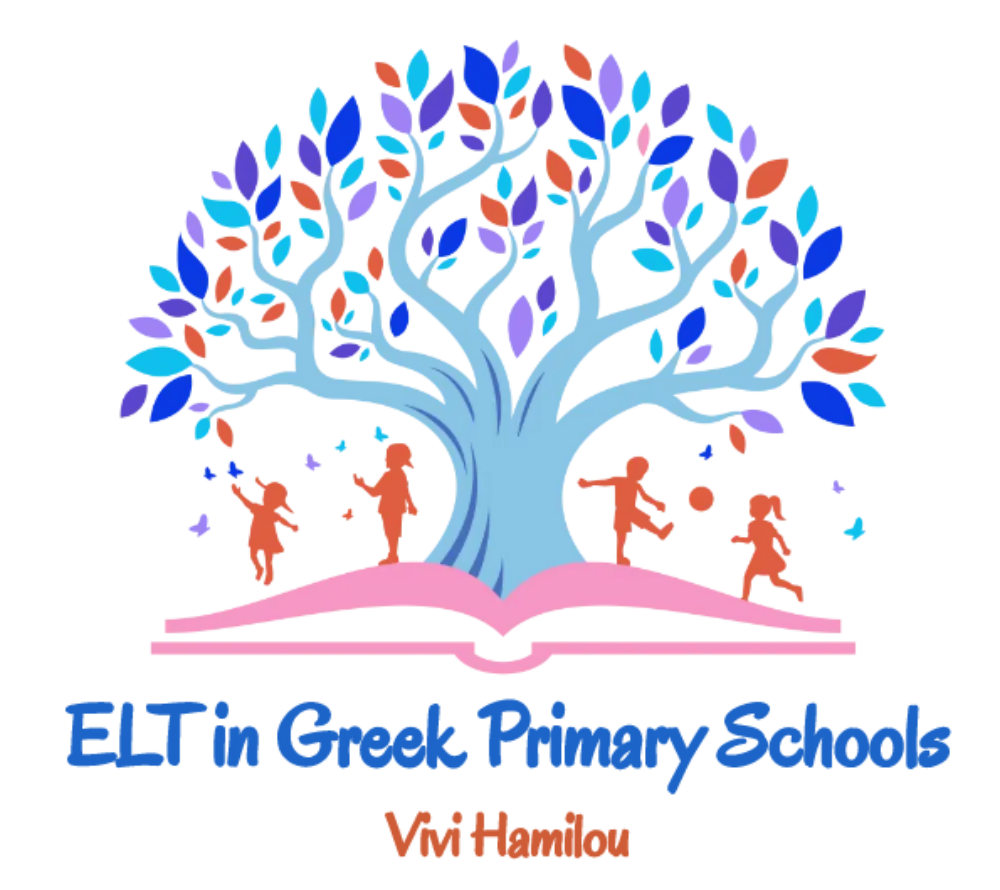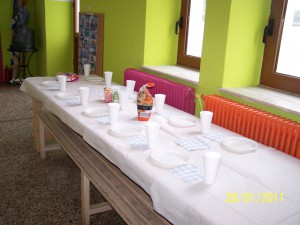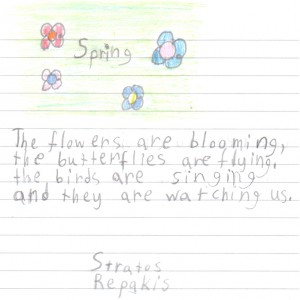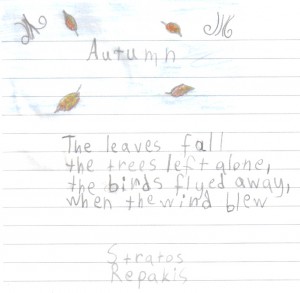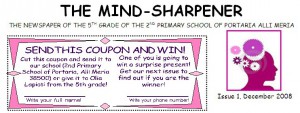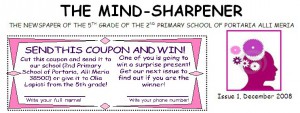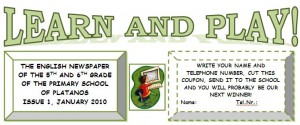Our 5th grade English coursebook introduces pancakes as part of the American breakfast (Unit 4, Lesson 2, p. 54), but they are also included in the English breakfast. After a discussion with the 5th grade learners at the Primary School of Amaliapolis regarding what an English breakfast includes, its nutritional value and its differences from the Greek breakfast, learners were invited to try the English breakfast at school!!! They had the opportunity to drink tea, have milk with cereals and enjoy delicious pancakes! As they have said, the English breakfast is quite enjoyable and the best part of it was the pancakes!!!
Pancakes (20 pieces)
by Chris and Tsetsi Logofetov

Solid Ingredients:
5 cups of flour
5 tablespoons of baking powder
5 tablespoons of sugar
2 vanillas
a little salt
Liquid ingredients:
5 eggs
5 tablespoons of olive oil
5 glasses of fresh milk
Procedure:
We mix all the solid ingredients in a bowl and we mix all the liquid ingredients in another bowl. We put the mixture of the liquid ingredients into the mixture of the solid ones and we mix. We put half a teaspoon of butter into a small, hot frying pan. When the butter melts, we put some of the dough in the frying pan. As soon as it starts steaming (you will see bubbbles), we turn it over with a spatula.
To see the recipe in Greek, click here.
